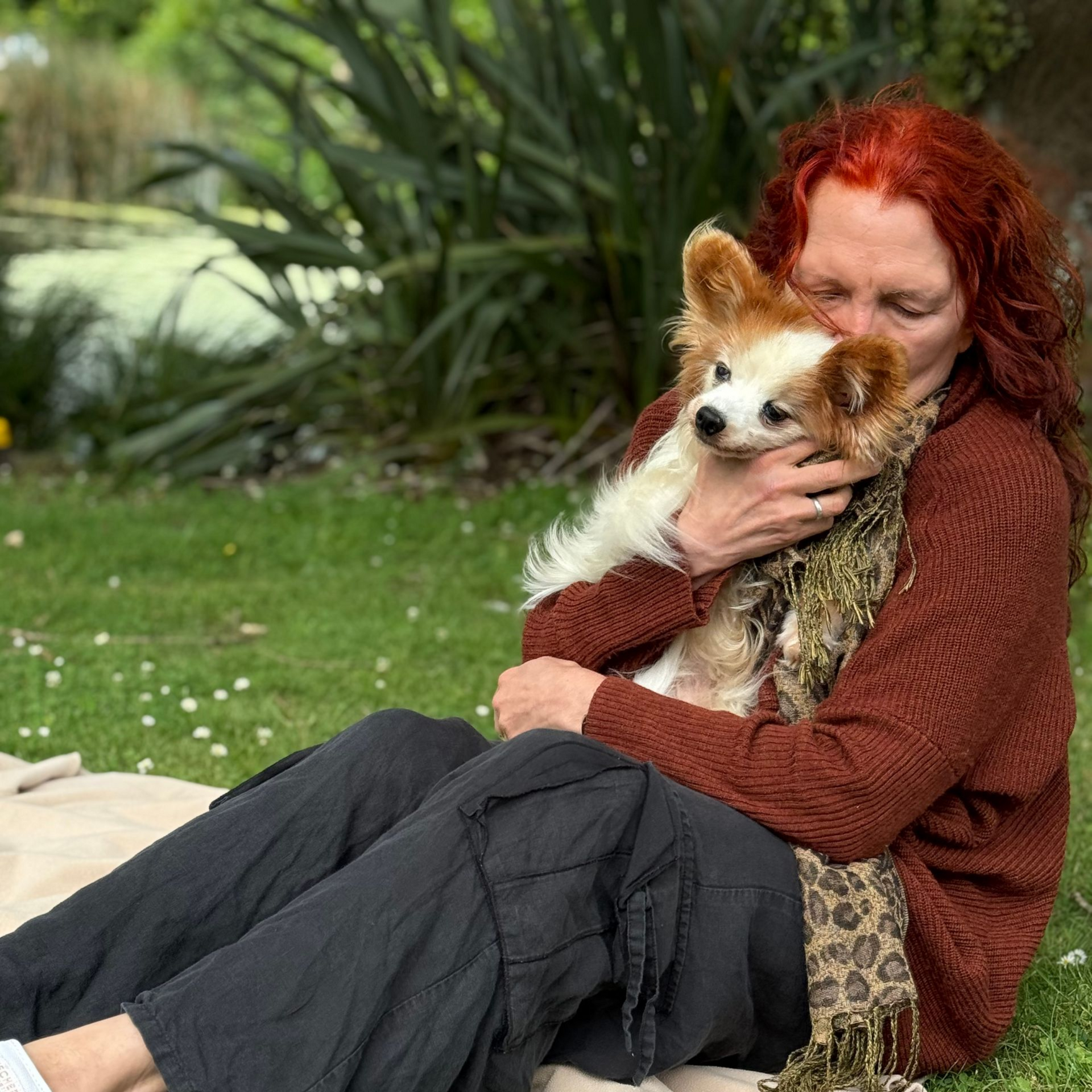Early Feedback Shows Strong Support for Proactive Pursuit of Strategic Collaboration

The Customer & The Constituent has received a veritable flood of feedback regarding Palmerston North Mayor Grant Smith’s sentiments on the increasing need for inter-regional collaboration.
All contributions were well worthy of publication, and I have published as many as I could reasonably fit into a single, composite article. You can read the original ‘Palmy Mayor’ interview here.
Is It Time to More Proactively Pursue Inter-Regional Collaboration in Local Government?
Napier City’s Deputy Mayor, Cr Annette Brosnan, writes:
"Inter-regional collaboration is an area I’ve long believed offers untapped potential for stronger local government leadership, particularly across the Lower North Island, where we share so many of the same opportunities and challenges.
"In my view, collaboration between councils must go beyond simply shared services and procurement, to genuine strategic alignment – whether across climate resilience, housing growth, infrastructure planning or regional economic development.
"When we get that right, we create real scale, strengthen our voice with central government, and provide better value to our communities.
"However, to achieve this meaningfully and sustainably, I believe we need a fundamentally better funding model for local government – such as we see in many other Western countries: one that enables long-term, place-based investment.
"Just as crucial is leadership: people who are genuinely willing to build relationships and trust across Council boundaries. Without that commitment, the structure alone won't deliver."
Note to readers: In late July, I’ll be interviewing Cr Brosnan for a deeper dive into the points she’s raised in this brief commentary.
Napier City’s Mayor, Cr Kirsten Wise, writes:
"Collaboration between local governments is not only timely, it’s essential - particularly as we face increasing infrastructure demands, climate challenges, and the need to deliver better outcomes for our communities within constrained resources.
"When Councils work together, we can pool expertise, reduce duplication, and speak with a stronger collective voice, especially in dealings with central Government.
"This is certainly something we’ve been reflecting on here in Hawke’s Bay."
Note to readers: I also hope to interview Mayor Wise in the not-too-distant future, to expand on these observations from her time thus far as Mayor - and looking forward into her region’s future.
Mayor James Denyer of Western Bay of Plenty District Council commented:
"I believe that collaboration – both within a region and between regions is essential.
"If we are to achieve the best possible outcomes for ratepayers, strategically-speaking, we have to take every opportunity to reduce the costs of projects and other investments, and make ratepayer funds stretch further.
"Certainly, Local Government is and must be focused on localism. But this absolutely does not preclude having the wisdom to train our eyes to see a bigger picture, so we can identify opportunities to work on wider initiatives that mutually benefit communities across Council boundaries. "
Hamilton City’s Deputy Mayor, Cr Angela O’Leary (Chair, Infrastructure & Transport):
"I do think local government is on the eve of major change, and it’s going to have to include amalgamation, especially on the eve of the waters reform.
"But it’s going to be a hard task for many."
Cr Angela Dalton of Auckland Council, writes:
"In terms of inter-regional collaboration between local governments, absolutely this is something I support. It makes strong economic sense for the country as a whole.
"If egos could be set aside, we might see regions flourish as boundary lines on a map merge, when strategic, in an effort to maximise infrastructure delivery outcomes, create jobs, and improve environments and 'people spaces'.
"I was in the Southern Rural Strategy Working Group for Auckland Council and the discussion about how important it is for us to look South towards Hamilton and Tauranga in terms of connection with rail, jobs, aligned infrastructure, population transfer and jobs was a key topic.
"I think what’s important to give consideration to, is that just because a city is the “largest on the map”, it doesn’t mean that, by default, it should always act as the centre point of decision-making. We have to recognise that within the concept of inter-regional collaboration, there’s a balance to be struck in considering the unique characteristics and priorities of each region.
"This sensitivity becomes especially important when a large Council like Auckland looks to smaller City or regional councils as partners in any specific collaborative effort or project."
Rotorua Lakes District Councillor Don Paterson, wrote:
"In my opinion, central Government has - through its various statements and actions - already signalled that the days of independent local authorities are numbered . . . or, at least, the amount of these that currently exist.
"Changes to the Resource Management Act and the introduction of Local Water Done Well in themselves are likely, over time, to result in a significant reduction of local voices and influence around the greater decision-making table . . . whatever form that “table” eventually takes.
"Therefore, my colleagues and I at Rotorua Lakes have voted to investigate the possibility of collaborating with neighbouring Councils, most notably the Bay of Plenty Regional Council, to form our own Unitary Authority.
"Better to lead it ourselves, than to have it done to us . . . again, in my opinion."
Nandor Tanczos, Councillor, Whakatane District Council, writes:
"New Zealand’s largely centralised political system means its local government sector is both underfunded (as a comparative share of overall government spending) and under-utilised in terms of provision of public services.
"Building strategic partnerships through inter-regional collaboration at the local government level, and through local government as a vehicle, certainly offers opportunities to address the service delivery imbalance in some measure – as well as increasing the efficiency of services.
"But “scale”, in its own right, is not a magical solution to all the problems Councils face – and a blanket approach based upon it shouldn’t be hailed as the proverbial silver bullet. Available empirical data on the benefits of scale when it comes to local government services, is mixed – and the other side of the coin is the inevitably, to some degree, of a loss of local decision-making in inter-regional collaborations.
"Smaller councils can often be the loser when collaborating with larger districts and cities, so it’s about taking a strategic, rather than a wholesale, approach – and applying it to the right things, at the right time, through the right structures.
"Local Government should also be mindful of other potential collaborations, such as with Iwi Māori."
Waikato District Councillor Mike Keir commented:
"I support inter-regional collaboration if it can be achieved in a constructive manner.
"I am aware of some very good collaborative initiatives by Councils around the country – and it’s a pity we don’t get to hear about these.
"Timaru, with its 'ride call' initiative, that reduces the draw on buses, provides one such example. The bus service provider runs the bus services from Christchurch – but Timaru has found it more cost-effective to have established a ride call-up service. Very enterprising!
"Given the public transport costs we are facing here in the Waikato (which is a logistically difficult region to service), why aren’t we investigating options like this?
"I have found LGNZ to be pretty useless as both a vehicle for inter-regional collaboration and as a lobby group for the public sector – and, frankly, I would favour Waikato District exiting this organisation and working constructively with other like-minded Councils on key issues like transport, waste management, waters, funding and rating.
"Our existing local government model is in serious trouble and needs major reform. However, the last round of reform discussions in early 2023 achieved absolutely nothing. Not one thing. I find that incredible – and I resolutely believe we need to keep revisiting this until we kick some real and worthwhile goals on behalf of ratepayers."
Tauranga City Councillor Marten Rozeboom writes:
"As a Councillor on Tauranga City Council, I agree that each region must strive to work more closely with other regions where opportunities exist to do so.
"Each local authority should be working hard to achieve the improvement of, and addition to, its infrastructure base, where such infrastructure is fundamental to business growth, to attract higher-paid employment, and to enable housing growth e.g. through new roading networks.
"Speaking from a Tauranga-specific perspective, as a high-growth region we have people who travel to and from Tauranga for work every day – so it makes good economic sense to pursue the enhancement of opportunities through inter-regional collaboration.
"I support any conversation between local authorities that promotes better use of resources and greater efficiency in the use of ratepayer funds."
Hamilton City Councillor, Andrew Bydder, writes:
I agree with Waikato District Council's Mike Keir. We need collaboration, not amalgamation.
This means retaining local identity and representation, but - where practical and efficient - some Councils' services can be amalgamated. For example, each Council has its own library system with its own management hierarchy. Yet, all libraries already share books through a national inter-loan system. So why not have a national library organisation? Councillors are not experts in library management, so offer no value in terms of oversight and governance in that function. Having specialists in charge makes sense, and a single management layer would mean cost savings.
Hamilton City Council has 28 different business units, which means it is an inefficient conglomeration of small organisations. It does not get the advantage of economies of scale. Building consents and dog registration operate under national legislation, so that is how they should be managed. Planning, tourism, and civil defence should be regional functions, because they're clearly region-specific.
We can reduce the size and complexity of councils by offloading some functions, while keeping local community services, parks, arts, and roads. This clear distinction is important because actual, full-blown amalgamation of Councils risks smaller populations being drowned out by larger centres, and that is unacceptable.
You might also like to read . . .
‘Palmy’ special feature Series with regional and industry leaders.
A look behind the curtain at New Zealand’s most loathed, feared and unprincipled ‘public service’ organisation.









